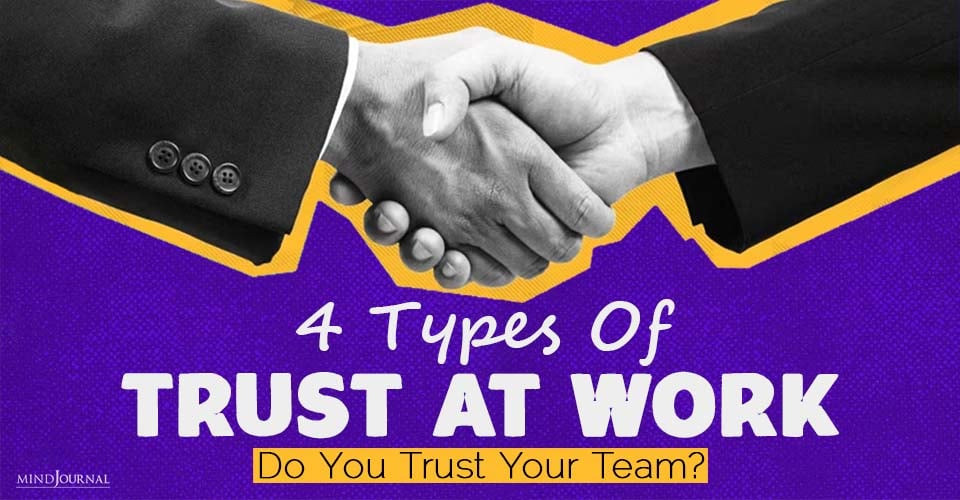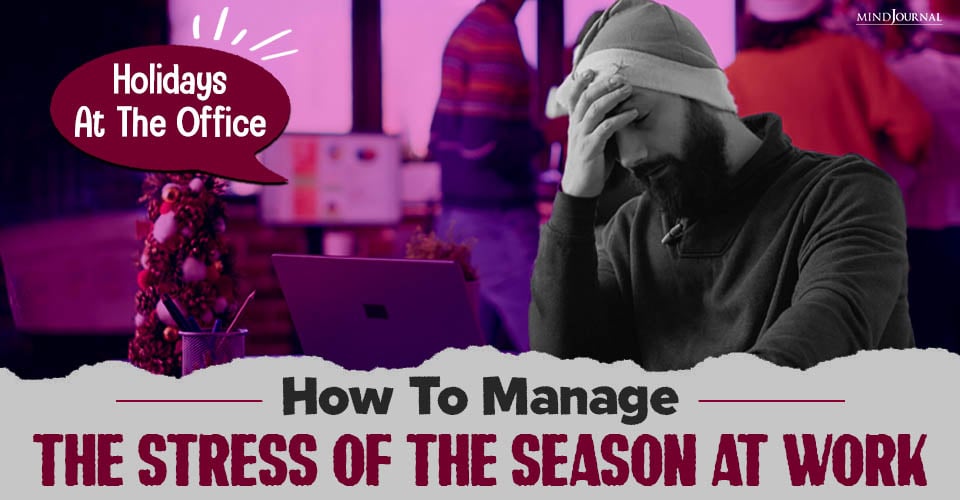Unemployment challenges your confidence, but you’re not powerless. These strategies offer practical, proven ways to cope with employment, and move forward with hope.
There are proven strategies for surviving time between jobs.
Unemployment can affect almost all aspects of life. How can you take charge of your life so that you do not succumb to passivity, helplessness and despair?

Read More Here: Top 3 Tips To Create A Meaningful Vision In Your Life
How To Cope With Unemployment?
1. Normalize. One way of looking at unemployment is to normalize it. For example, 41% of people are unemployed at some point in their lives. So you are not alone. If a significant percentage of people have gone through what you are going through, then you might conclude that it is not so unusual. Still, “normal” doesn’t mean “happy.”
2. Validate. Even if many others are unemployed, you should validate yourself and respect your painful feelings. You are human, so feeling anxious is a common initial response. Having said this, your feelings can improve if you take a more proactive approach.
Validation accompanied by a commitment to action can help you tolerate the present situation while giving you a sense of being effective.
3. Don’t take it personally. A lot of unemployment is due to market conditions and problems that a company or agency may encounter that have nothing to do with your actions. Unfortunately, there is little real job security for many people; more than 7 million are out of work at any one time every year.
4. Reduce shame. It is not unusual for someone who is unemployed to feel ashamed and even to hide from others. For example, a few years ago, one of my neighbors told me that in the past he was out of work and, as a result of his shame, he stayed in his apartment until after 5 PM so that people in the neighborhood would not see him and think that he was unemployed.
Keep in mind that there is nothing unethical or immoral about being unemployed. If you isolate yourself, you will miss the opportunity to take advantage of social support, and you will reduce your support network—which might help you find your next job.
5. You have two jobs now, so get to work. You may think you have nothing to do now, which only adds to your helplessness. But a better way of looking at this is that you have two jobs.
First, looking for a job, and second, taking care of yourself. You should have a daily plan for both goals. Looking for a job is often an unpleasant experience since it often leads to rejection and reminds you that you are out of work.
But you cannot spend all day looking, so balance your time looking for a job with self-care—including pleasurable activities unrelated to work.
6. Plan activities every day. One consequence of being out of work is losing the daily structure of your job. So have daily, weekly, and monthly plans of productive and rewarding activities unrelated to work.
Write it out and keep track of what you do. This will give you direction and help you track your progress. The list can include exercise, being a tourist where you live, learning new skills, taking a class, seeing friends, or volunteering. Volunteering can help you feel useful, help you realize that you can help someone else, and get you outside of yourself.
7. Increase your social support and reach out to your network. Reach out to friends, family, and colleagues—including former colleagues from other work or school experiences.
They may be able to validate your feelings because many of them have gone through what you are experiencing, but it is also a great way to enhance your job search. Over 80% of jobs are found through people’s networks, and 70% of jobs are not publicly posted.
8. Take control of time. Often, we have a sense of urgency that we need to get an answer right now, or we will never find a job. There are two adaptive mental strategies to deal with this.
First, give yourself time to find a job; don’t make it an emergency. Be flexible. Second, improve the moment. Have rewarding activities every day that are meaningful and pleasurable for you. Your mind can only be in one place at any given time. Focusing on doing something enjoyable can help you turn off the urgency.
9. Think of this as a sabbatical. A helpful strategy can be to consider this time between jobs as a sabbatical. Now, you have the freedom and time to do things you otherwise would not be able to. This can include taking care of your kids, exercising, connecting with people, and learning new skills.
One of my patients used many of these ideas when he was out of work; when he finally got a new job, he told me that he would miss the time he had when he was in between jobs.
10. Examine what you can do for free. Money worries can be legitimate during the time in between, but there are many things you can do for free—or at low cost. You can show love and affection for the people you care about, you can connect with old friends, learn new things online, exercise, and meditate.
Some people learn during their time in between that they will need to have a new relationship with money once they are employed. Which of your needs are absolute (like food), and which are false or manufactured (like stylish clothing and high-end nights out)?
11. Consider being flexible in your job search. We often get tethered to what we have been doing and where we are. One possibility for increasing options is to expand your search to include different levels of work, compensation, kinds of work, and even geographic location. This is not always possible, but it might help you expand the potential alternatives. Be aware that the average American moves 11.7 times during their lifetime.
12. Give yourself credit. Every day is a time for you to stay with your program of looking for a job while caring for yourself. Rather than ruminating about why you are where you are, consider normalizing, validating, accepting, and taking action daily to look for a job and to take care of yourself. Then, give yourself credit for coping the best way you can. Ask yourself, “What would I tell my best friend to be supportive?” Then, tell that to yourself.
Read More Here: 5 Reasons For The Quarter Life Crisis
Being unemployed is tough, but with the right mindset, you can grow, adapt, and rediscover purpose and direction!
References
Leahy, R.L. (2013) Keeping Your Head after Losing Your Job: How to Cope with Unemployment. Coraopolis, PA: Behler.
Written by: Robert L. Leahy Ph.D.
Originally appeared on Psychology Today










Leave a Reply